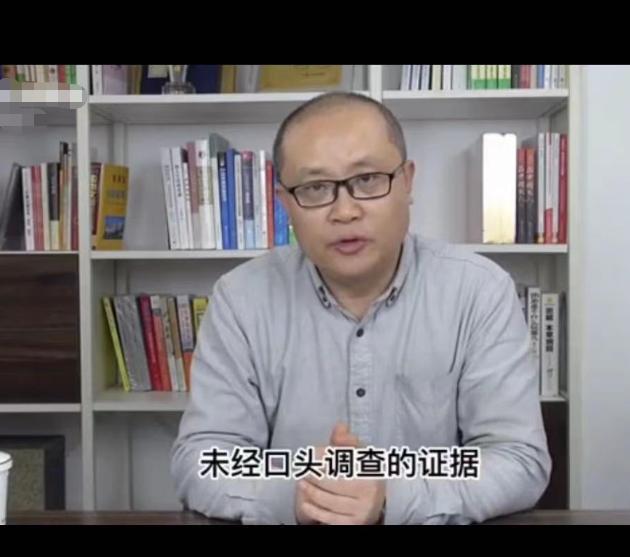
Evidence without oral investigation shall not be admissible as the basis for a verdict. This fact refers to the principle of rhetoric in court. The principle of rhetoric means that the court must conduct it in the form of oral statements during the trial. Judges, for their part, should conduct inquiries orally. Unless otherwise provided by law, any evidence that has not been investigated orally shall not be admissible as the basis for a decision.
Anyone who has been in a lawsuit knows that in court, the judge will ask many questions from both parties, especially for some evidence, which is very careful. Some of the evidence also needs to be videotaped in court and witnesses need to testify in court, which are all questions that judges must conduct oral questioning. Counsel for both parties, either the parties or the prosecutor, then answer the judge's questions.
For the other side of this principle of rhetorical hearing is oral argument and cross-examination. So you see a lot of our cases after they've been heard, and it has a court record. What about these records, in the end, must be signed by both parties. That is, if you look at this courtroom, these things you said are correct.
In fact, I have also met some parties who have said to me that after the court trial, there is no record at all, but it takes a while for them to sign the record, which is not allowed. This transcript must be signed in court. If you don't sign in court, can you think about it, what if he changes the transcript? There are some kinds of things like this.
So, if we're going to participate in this courtroom trial, we must sign the transcript on the spot. And be sure to read the transcripts word for word. Of course, some parties may not know the words, so at this time, you can ask the clerk of the court to read it to you. Until you confirm.
Therefore, at this time, we must know that as long as there is no evidence of such oral investigation and verbal interrogation, it cannot be used as the basis for the conclusion. Why, then, is such a principle so important? Because it is conducive to ascertaining the truth of the case and to achieving procedural fairness.
Because in the end a thing, whether it is a fact or not a fact, it must be asked in court, said in court, investigated in court. Because everyone is above the courtroom, everything you say must have corresponding evidence and confirmation, or falsification. Only when everyone in the courtroom makes such a verbal and direct statement, a direct investigation, will it be possible to bring the truth to life.
Then this reminds us that on the road to redressing unjust, false and wrongly decided cases, every time we try, we must pay attention to whether the evidence we submit has undergone oral investigation by the judge. Whether it has been verbally debated and questioned by the prosecution and defense. Suppose, you see some evidence in the verdict, and you have not given me this oral investigation, the most direct oral investigation, in court. Instead, the judge simply did the written trial.
If you see these things in the verdict, then I tell you there is a problem here. Then we can cling to such evidence and ask why this piece of evidence did not follow the principle of rhetoric in court? Why only do written reviews be done? The evidence examined in writing is invalid, and it cannot be used as a basis for a verdict.
Therefore, I would like to remind everyone to check whether there is some evidence in your case, which does not strictly follow this principle of rhetoric, does not strictly follow the principle of direct rhetoric. When you find it, your case may be promising. Because this evidence is to be excluded, it cannot be used as a basis for a verdict.
(This article is based on the video of Cao Baoyin, chief counsel of Beijing State Consulting Law Firm,[Cao ShuFa and Wrongly Decided Cases Series])